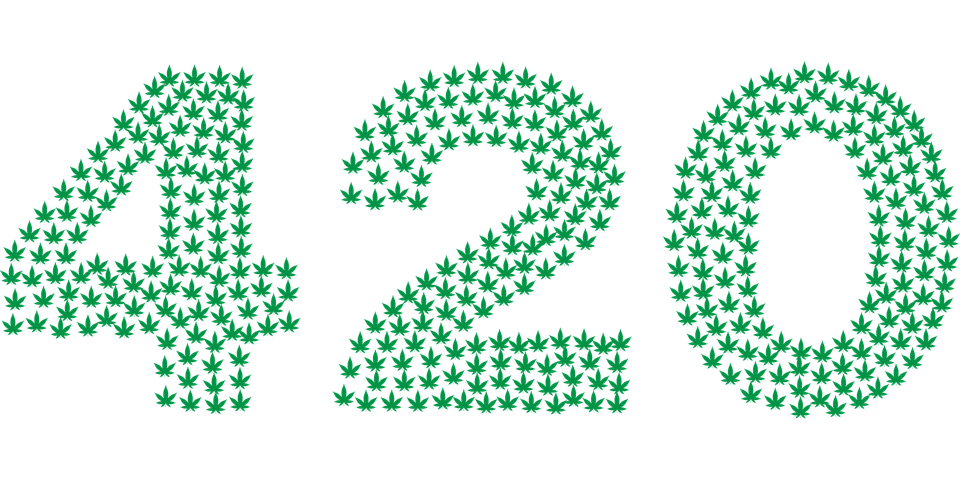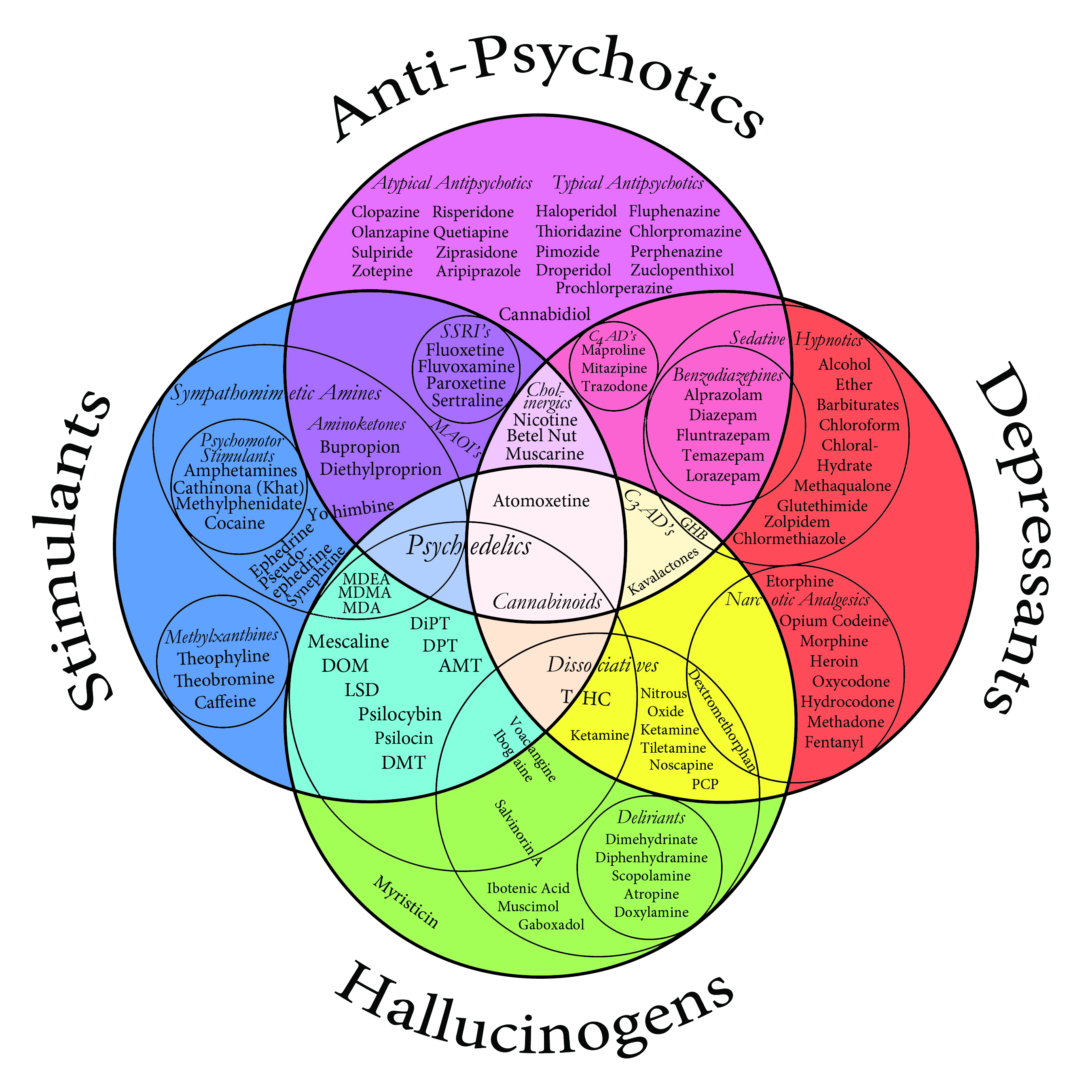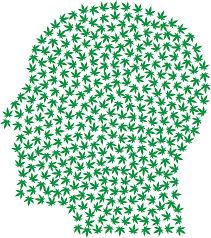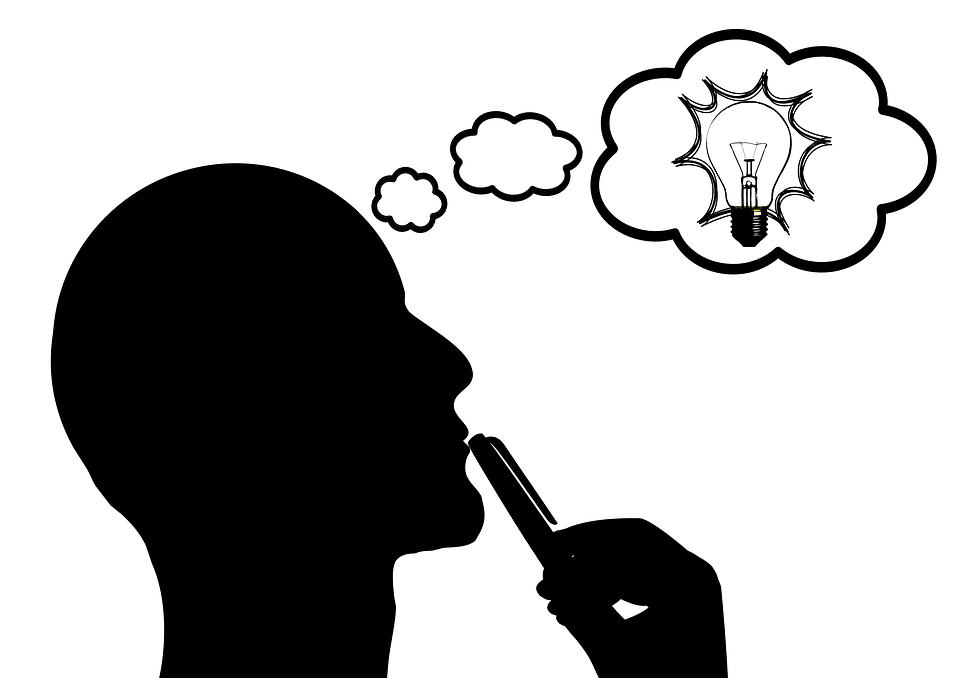
First time trying cannabis? We will be discussing what to expect on your first high!
Cannabis has recently been legalized in Canada. Even though cannabis may now be legal, it can still be tough for youth to find helpful information about it. The info on the Canadian government websites might be confusing. It also doesn’t give solid info on what to expect when you eat edibles or smoke cannabis for the first time. But never fear – we got you!
What are the effects of cannabis?
The effects of cannabis can vary quite a lot from person to person, especially for first time users. Some people say that you might not get high the first time- this is likely due to a lot of people not inhaling properly the first time they smoke. Be prepared to get fully high! 🙂 You might have certain impressions of what cannabis is like from how it is portrayed in movies, or by your friends. Keep in mind that your experience might be totally different, and you can’t know for sure what it will be like if you have not experienced the high before. Your expectations might have a big effect on how your experience ends up being- for example, if your friends feel mild, chill effects from cannabis, it is more likely that you might be caught off guard and panic if the effects for you turn out to be stronger than expected.
Unlike most other drugs, cannabis eludes a specific classification category (see Venn diagram below). Cannabis in general may have effects that are psychedelic, sedative, stimulating, or even antipsychotic. The types of effects that will dominate depend on the cannabinoid content of the cannabis you are smoking, and your own personal reaction. Generally speaking, the “hallucinogen” aspect tends to be most pronounced with first timers who are using high THC and low CBD cannabis.

Looking at the image above may be a bit confusing, look directly in the middle to find “Cannabinoids”. You can also look at the yellow box to find “THC”, with the T hanging out in the beige section, which is also found in cannabis. As you can see cannabis has effects that overlap with all four of the sides of the diagram: stimulants, hallucinogens, depressants and anti-psychotics. Since its effects overlap with these four sides, let’s describe what each feel like and how they each contribute to feelings you may feel on cannabis!
Stimulants increase alertness and energy levels, such as caffeine, cocaine, and amphetamines. For some people, cannabis (usually sativa strains) may have some stimulating effects, especially for those with a lower tolerance, or on the first high of the day, though not likely to cause physical risk to the heart like with traditional stimulant drugs. The stimulating effects can be very set and setting dependent, more so than with classic stimulants- they are more likely to manifest in a more stimulating mindset or environment.
Depressants decrease alertness and energy levels, such as alcohol, opioids, and GHB. (Depressants slow down the body- not necessarily that they make you feel depressed.) For some people, cannabis (usually indica strains and edibles) may have some sedating effects, especially for those those with a higher tolerance, and with repeated use of cannabis through the day. Sedating effects from cannabis are more commonly reported than stimulant effects, however, these effects are not like those of the aforementioned depressant drugs, and do not pose the same kind of risks in regard to a dangerous levels of central nervous system depression. The sedating effects can also be very set and setting dependent, more so than with classic depressants- they are more likely to manifest in more chill environments.
Hallucinogens are drugs that alter one’s senses, thoughts, and perspectives. This includes the sub-categories of psychedelics, such as LSD and mushrooms, dissociatives, such as ketamine and nitrous oxide, and deliriants such as datura. The THC in cannabis can have a varying extent of hallucinogenic effects in most cannabis users. Generally speaking, the hallucinogenic aspect of THC is not as pronounced as it is with other hallucinogens, and only is to the extent of experiencing enhanced senses or deeper thoughts. That said, for some people, especially those with a low or no tolerance to THC, it can have hallucinogenic effects than can be intense, but subjectively will feel a lot different from hallucinogens such as LSD or mushrooms, and this can catch some first-timers off guard, especially if they’ve heard from more experienced users that it’s not a big deal.
Antipsychotics are drugs that are used to treat psychosis, and are mostly pharmaceutical drugs that are used to treat schizophrenia. The CBD in cannabis, but not the THC, has antipsychotic effects. It is unknown at this time if CBD can be used as a substitute for pharmaceuticals to manage schizophrenia- thus it is not recommended to rely on it as a substitute for psychiatric drugs prescribed by your doctor. For those with schizophrenia, or who have a family history of schizophrenia, if you chose to use, the research is not quite clear at this time what the relationship is with cannabis. CBD-only strains may be less risky, as THC could make psychosis worse, or possibly bring it on among those who are predisposed to it, though more research is needed. Although CBD has pharmacologically active effects on the central nervous system, it does not have noticeable mind altering effects (ie. a “high”) like THC does.

How will I feel when I get high?
Here is a list of some of the feelings that you may get from cannabis. Remember, this is just a run-down of the most commonly experienced effects. If you haven’t tried cannabis before, keep in mind your experience can be totally different and take this as just being a description of the effects that are most commonly experienced. Your mileage may vary!
- Time slowing down. It may feel like time is going by extremely slowly, with a few minutes feeling like an hour.
- You might get really deep into your thoughts. The “inner voice” of your thoughts may seem extremely “loud”, and you might get lost in your thoughts. In some cases, your internal dialogue might seem so “loud” that it might feel like you said something out loud, when you were actually only thinking it. Any emotional state you were in before using cannabis may become intensified due to your thoughts becoming amplified. For this reason, it is important to be mindful of your mindset before using cannabis.
- You might think in a more abstract manner. You might have “deep” thoughts or perspectives, and you may think about or perceive familiar things in a completely new way. For example, you might notice all kinds of things about a TV show that you would have never noticed when sober.
- Your emotions might become enhanced. This is highly dependent on set and setting- you are more likely to experience positive emotions if you are already feeling positive. Sometimes, you might rapidly cycle through different emotions. Embrace them and take them in stride- remember that any uncomfortable emotions are temporary!
- Your senses may become sharp. For example, the sky may seem bluer, music may sounds more intense, detailed or meaningful, the sunshine on your skin may feel even warmer, and you may notice bird chirps in more detail.
- You might have some open and closed eye visuals. Although less pronounced, cannabis can and does induce open and closed eye visuals similar to those of LSD or mushrooms in high enough doses.
- You might feel some dissociation. Things may feel dream-like, or not quite real, and your vision might be going in frames. Although cannabis generally doesn’t fully disconnect you from your senses like some other substances, such as ketamine, it might still get disorienting, especially for first timers.
- Your awareness of your body might increase. You might become super aware of things like your heartbeat, stomach rumbling, or other bodily sensations.
- You might experience “the munchies”, or an increase in appetite. You might get hungry, and food may taste more. Be sure to bring snacks, as it really sucks when you have the munchies and there is no food.
- You might have a decreased appetite. This is a less common effect, but it can still happen. This effect usually occurs if one has a strong psychedelic-like reaction to cannabis, where the altered sensations of the body can make chewing/swallowing feel very strange.
- Cannabis might give you a dry mouth and make you very thirsty. This is known as “the pasties” or “cottonmouth”. Be sure to bring water!
- Cannabis might lower your blood pressure. In extreme cases, some people may even faint when standing up. This might be scary to witness or experience, and although it is a less common effect, it is not unheard of with cannabis, especially for first timers who had too high of a dose.
- It’s totally normal to be tripping out super hard or become very anxious and have a fast heart rate on cannabis. Cannabis is often portrayed as a “mild” or chill drug, this generally only is the case for long term, habitual cannabis users. Cannabis can feel very strong for those who are new to it, and it’s not unusual to have a difficult trip with a pounding or fast heart beat, and bodily sensations that make it feel like you are having a medical emergency. No matter how fast your heart might be beating, your heart will not explode- cannabis does not have the same kind of cardiac risks as stimulants have. A lot of people who get stronger than expected effects from cannabis might worry that it’s laced- this is very unlikely. Chances are, you had very high THC content cannabis and got way too high. Although a bad trip on cannabis can be very scary, remember that it’s normal, not physically harmful despite it feeling otherwise, and temporary.
- On the flip side, cannabis can also make you feel very relaxed. It can really go either way, and you might experience both ends of the spectrum depending on your mindset, setting, tolerance to cannabis, and THC and CBD content of the cannabis you are using.
Should I set limits for the first time I get high?

If you try cannabis and figure out the dosage to achieve desired effects, it may seem tempting to do it all the time. However, you should keep in mind that specific times or places may not be ideal to use cannabis.
- Remember that cannabis is still illegal for people under 19 in Ontario. Getting caught with 5 grams or more carries the risk for criminal penalties. If you are 19+, you can face up to 14 years in prison for sharing a joint with an 18 year old friend.
- Therefore, it is not ideal to use cannabis in any situation where you are worried about being caught, as the consequences can be serious. If you use cannabis in a situation where you are worried about being caught, not only do you have to deal with the consequences if you do get caught, but even if you don’t get caught, you could end up worrying about whether or not you are about to get caught, and you may feel paranoid or anxious.
- On the flip side, beware that the effects of cannabis might make you feel so paranoid or anxious, that you might worry about getting caught even if it’s very unlikely. For example, you might be boarding the bus on your way home from a friend’s house, but as soon as you get on the bus, you worry that the bus driver can tell that you’re high, can smell the cannabis, even though you last smoked an hour ago and have no cannabis on you, and is angry at you for being high and will call the police. However, chances are, that from the bus driver’s perspective, you are just a kid sitting quietly on the bus, and you are acting normally and do not smell of cannabis. Since being high can make you feel like you notice absolutely everything, it might be easy to forget that other people are sober, and do not have the kind of sensory acuity that you have, and will probably not notice all the tiny things you are worried that they do. Think about and plan for these kinds of situations before you get high, so you can have a sober perspective on the actual risk of getting caught. Getting caught when under 19 can have serious consequences, so it’s important that you have a sober analysis of the actual risks of getting caught on a given situation. It is important to determine whether any paranoia about getting caught is actually reasonable, or caused by being high and overthinking.
- It is not ideal to use cannabis before any type of school related activity. Even though being high can make otherwise boring school material seem more interesting and allow you to see it from a different perspective that may help you understand it better, the effects that cannabis has on your memory will make it unlikely that it will “stick” after you sober up. If you do study under the influence of cannabis because of its ability to increase engagement and change perspectives in a way that help you better understand the topic, be sure to also study while you are sober and take notes while you do, or it may not “stick”. Also, it is not ideal to use cannabis before classes or at school for the risk of getting caught – especially near school property! There are additional criminal penalties associated.
- Figure out travel plans in advance. Driving while high impairs your judgement and carries serious criminal penalties similar to drunk driving. Even if you don’t feel that high, there is still a real risk of it affecting your motor and brain functions. If you live in a city, public transit or having enough funds for a cab/uber/etc be a great option, otherwise try and sort out a sober designated driver (DD) ahead of time or arranged as an emergency person to call in a pinch.
- Daily, frequent cannabis use has more negative effects for teens than it does for adults, like actually though. Even if your parents, adult siblings, or other adult peers blaze it daily without it impairing their day to day life functioning, know that cannabis affects teens differently than it affects adults. Though some young people who smoke regularly have things work out just fine, it really is ideal to wait until your 20s before taking up frequent cannabis use. But if you’re gonna use in your teens, it’s best to try to use only once in a while to reduce the risk of negative long-term effects.
- Try to use cannabis to enhance already positive moods or experiences instead of smoothing out negative or uncomfortable ones. Using cannabis to cope with uncomfortable moods or difficult situations can actually make things worse even if it feels good in the short term. You will get a lot more out of your high if you use to enhance an already positive mood – if you get high while you’re in a bad mood, it’s only temporarily delaying the situation. You’ll still have to deal when you sober up and your bad mood will probably become a buzzkill and waste your high.
If it’s your first time start off slow, with less hits or less edibles and wait!
When you smoke cannabis, starting with few gentle puffs and waiting to see how you react to the effects can help keep you from feeling “out of control”. Even if your friends might normally smoke a whole joint, as a first timer, you don’t need a whole joint. Start with a couple puffs, and wait 5 to 10 minutes for the effects to kick in.
Edibles take a long time to act on the body, sometimes up to an hour before you start feeling any effect and two hours before the effects peak. Starting with a smaller dose and waiting is the best way for you to feel comfortable and enjoy your first trip! Even if you have smoked/vaped before with no problem, be aware that edibles can have effects that are much stronger, and can overwhelm even someone who is seasoned with smoking/vaping cannabis.
Although this is a lot to cover, we hope this account of our own personal experiences with cannabis can be beneficial; so if you are trying it for the first time you aren’t going in unprepared! Check out these links below to some of our previous cannabis blog posts. Our hope is for you to be able to make a informed decisions – as we like to say, “JUST SAY KNOW!”
<3Trip! Peers
